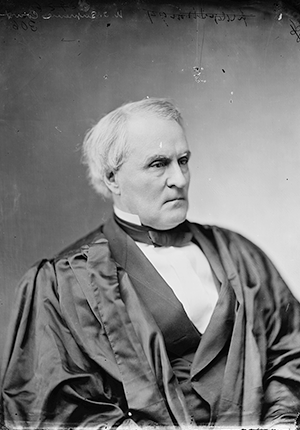Summary
When West Virginia enacted a law limiting jury service to state citizens who were white men over the age of 21, Strauder (a black man) was convicted of murder by an all-white jury. He appealed his state conviction on an equal protection claim. The Supreme Court invalidated the state statute because it denied citizens the equal right to be jurors on the basis of race, directly contravening the Fourteenth Amendment.







